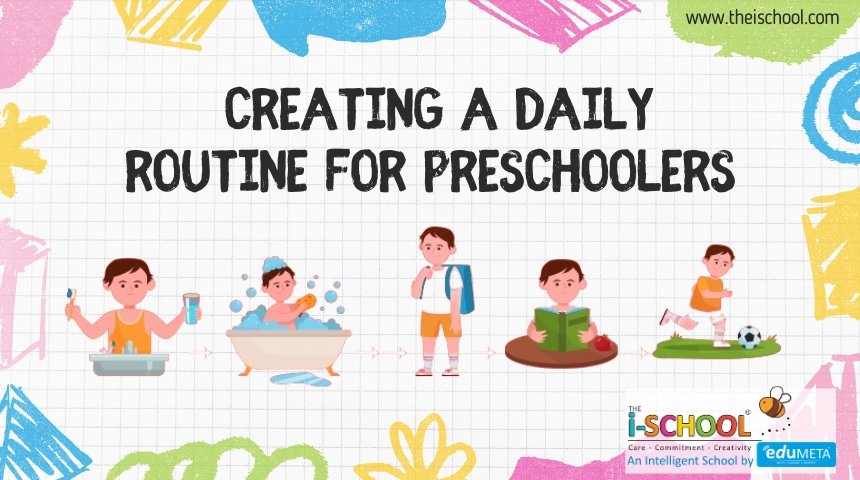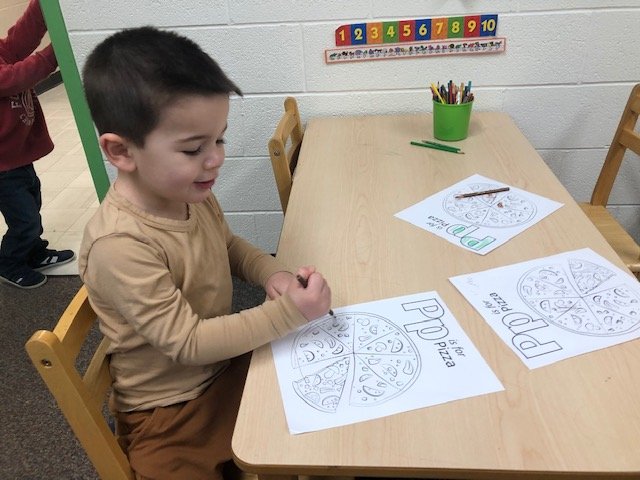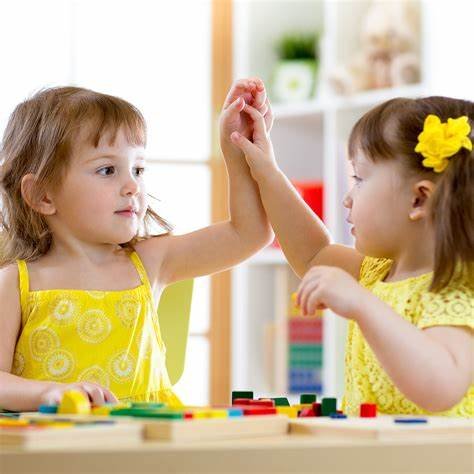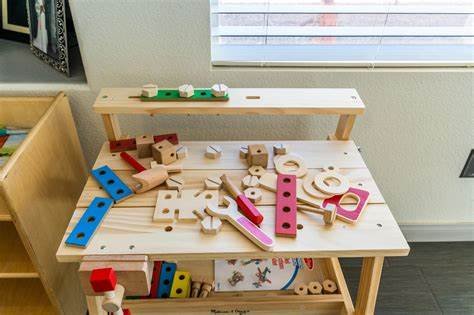Morning Routines for a Positive Start
A structured morning routine sets the tone for a successful day. Start with a consistent wake-up time to establish stability. Encourage your child to perform simple tasks like brushing their teeth and getting dressed independently. Moreover, a healthy breakfast fuels energy and focus for the day ahead.
Creating a predictable routine reduces stress and builds confidence. Additionally, involving your child in preparing their backpack or lunch fosters responsibility.
Arrival and Drop-Off Procedures
The transition from home to preschool should feel smooth and reassuring. Arriving on time ensures your child adjusts to the day’s schedule. Furthermore, creating a goodbye ritual, like a hug or special handshake, provides comfort.
Preschool arrival routines also help children socialize and settle into the classroom environment. To add on, engaging briefly with their teacher can ease separation anxiety.

Structured Learning Sessions
Preschools often have scheduled times for focused learning. These sessions include activities that develop literacy, numeracy, and problem-solving skills.
During these periods, children engage in group discussions or hands-on tasks. Moreover, structured learning promotes concentration and critical thinking. Additionally, educators balance these sessions with play to maintain enthusiasm.
Snack and Mealtime Routines
Mealtime routines teach children healthy habits and social etiquette. Sharing meals with peers fosters communication and a sense of community. Moreover, involving children in setting up or cleaning encourages independence.
Providing nutritious snacks ensures sustained energy throughout the day. Hence, maintaining consistency during mealtimes supports overall well-being.
Outdoor and Physical Activities
Physical activities form an essential part of preschool routines. Outdoor play allows children to release energy and develop motor skills. Furthermore, group games build teamwork and cooperation.
Incorporating regular physical activity enhances focus during classroom sessions. Thus, balancing movement and learning is vital for overall success.
Nap and Quiet Time
Preschools often include a designated period for rest or quiet activities. Nap time helps younger children recharge, ensuring they remain engaged later.
For older children, quiet time allows for individual activities like reading or drawing. This fosters relaxation and creativity. Moreover, maintaining a consistent rest routine supports emotional and physical health.
End-of-Day Reflections
Concluding the preschool day with a recap reinforces learning and creates closure. Teachers may review the day’s activities or discuss upcoming events.
Furthermore, this time encourages children to share their experiences and feelings. Parents can continue this at home, strengthening communication and involvement.
Evening Preparation for the Next Day
Preparing for the next day is a key part of a successful routine. Lay out clothes, pack lunches, and review any required materials together.
Additionally, bedtime routines that include reading or calming activities ensure a good night’s sleep. To add on, consistent sleep schedules promote better focus and mood in children.
Benefits of Preschool Routines
Establishing routines provides children with stability and predictability. These habits foster independence and teach time management. Moreover, routines reduce anxiety by setting clear expectations.
A structured day balances learning, play, and rest, ensuring holistic development. Hence, routines are integral to preschool success.
Conclusion
Preschool routines create a foundation for long-term success. From structured mornings to calming evenings, routines offer stability and foster growth. Moreover, they nurture independence, responsibility, and confidence. By maintaining consistent routines, parents and educators ensure children thrive both academically and socially.










